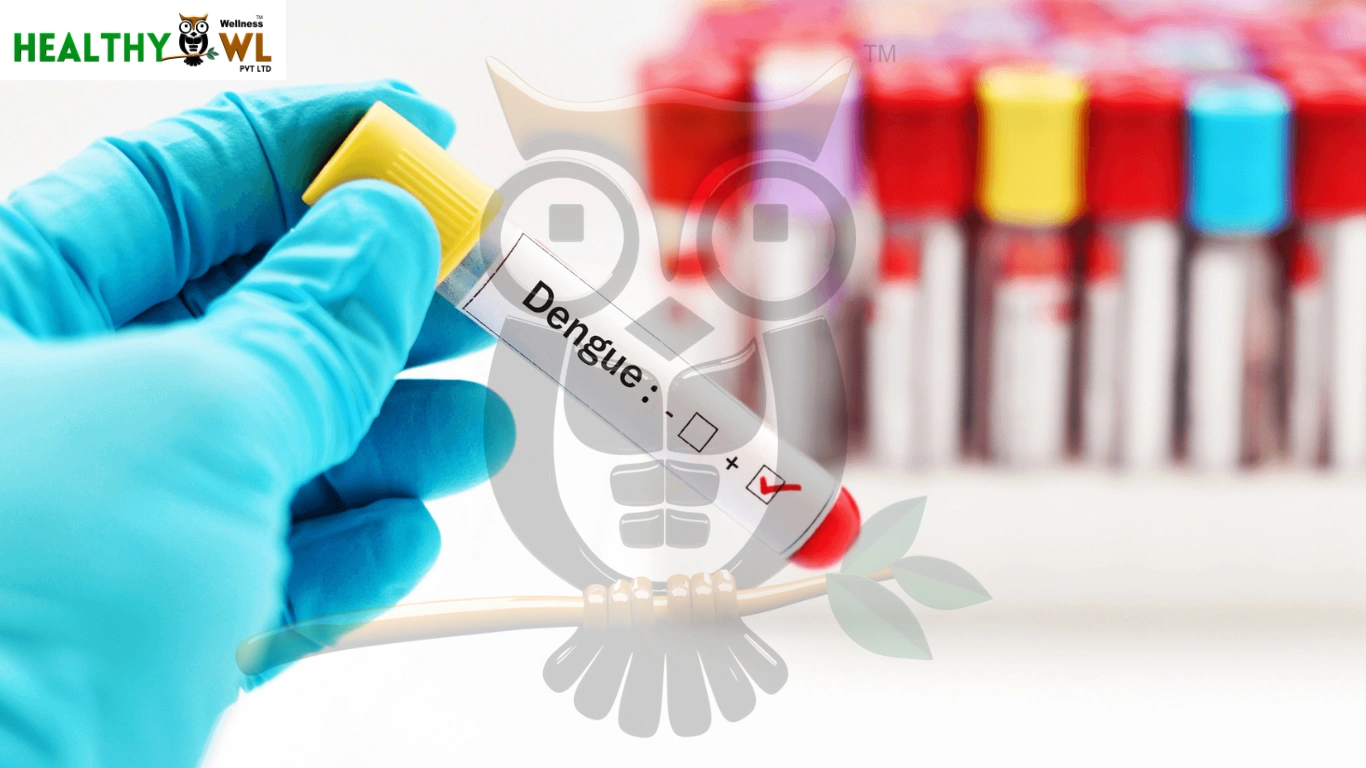Living with Hashimoto’s disease can feel like navigating a complex maze of dietary choices, lifestyle changes, and medical advice. This autoimmune disorder, where the immune system attacks the thyroid gland, can lead to fatigue, weight gain, and other symptoms. While conventional medicine plays a critical role in management, incorporating natural approaches through nutrition can significantly enhance your quality of life. Here’s how you can optimize your diet and lifestyle to support thyroid health, with the importance of medical guidance in mind.
1. Prioritize Nutrient-Dense Foods
Your body thrives on essential nutrients, and it’s vital to focus on whole foods that support thyroid function while bolstering your immune system. However, individuals with Hashimoto’s should be cautious with iodine intake, as excessive iodine can potentially aggravate autoimmune attacks. Here are key nutrients to include:
- Selenium: Found in Brazil nuts, fish, and eggs, selenium is crucial for thyroid hormone production and can help reduce inflammation.
- Zinc: Oysters, pumpkin seeds, and legumes provide zinc, which supports thyroid health and immune function.
- Vitamin D: Fatty fish, fortified foods, and sunlight exposure can help maintain optimal levels, as low vitamin D is often linked with autoimmune conditions.
2. Go Gluten-Free
Research suggests that gluten may exacerbate autoimmune responses in those with Hashimoto’s. Many individuals report symptom relief after eliminating gluten from their diet. When eliminating gluten, read labels carefully, as gluten can be hidden in processed foods under different names. Focus on whole, naturally gluten-free foods like quinoa, brown rice, and oats to minimize the risk of nutrient deficiencies.
It’s also worth getting tested for celiac disease before removing gluten entirely, as celiac disease and Hashimoto’s often co-occur.
3. Emphasize Gut Health
A healthy gut is key to managing autoimmune conditions. Repairing a “leaky gut” can help reduce immune triggers. In addition to probiotics, consider adding prebiotic foods that feed the good bacteria in your gut. Some foods that promote gut health include:
- Probiotics: Yogurt, sauerkraut, kimchi, and kefir introduce beneficial probiotics to your gut.
- Prebiotics: Onions, garlic, and asparagus help nourish the good bacteria.
- Fiber-rich foods: Incorporate a variety of fruits, vegetables, and whole grains to support digestion.
Additionally, certain food sensitivities (beyond gluten), such as soy, nightshades, or FODMAPs, may trigger flare-ups in some individuals. Consider working with a healthcare provider to evaluate gut health and food sensitivities through comprehensive testing.
4. Mind Your Stress Levels
Chronic stress can have a profound impact on thyroid function, leading to increased inflammation and worsening symptoms. Chronic stress can overwork the HPA axis (Hypothalamic-Pituitary-Adrenal axis), contributing to imbalanced cortisol levels that interfere with thyroid function. To manage stress effectively, try the following strategies:
- Regular Exercise: Engage in activities you enjoy, such as walking, swimming, or yoga, which can boost your mood and support overall health.
- Mindfulness Practices: Techniques like meditation, deep breathing, or gentle yoga can help reduce stress and promote relaxation.
- Adaptogenic Herbs: Herbs like ashwagandha and holy basil are known for supporting stress management and may benefit thyroid function.
Aim for 7-9 hours of quality sleep each night to give your body the restorative rest it needs.
5. Monitor Your Progress
Keep track of how your diet and lifestyle changes impact your symptoms. Be mindful of fluctuating thyroid levels and symptoms of both hypothyroidism and hyperthyroidism, particularly when starting a new dietary regimen. Consider working with a healthcare provider to monitor your thyroid hormone levels and antibodies through regular thyroid panel tests (TSH, Free T3, Free T4, Thyroid Peroxidase Antibodies, etc.). Regular check-ins will help you adjust your nutritional approach as needed and ensure you’re on the right path.
Conclusion
Managing Hashimoto’s disease naturally through nutrition is a journey that requires patience, knowledge, and commitment to self-care. For many individuals with Hashimoto’s, hormone replacement therapy is essential alongside dietary changes. Always follow your doctor’s recommendations and ensure your dietary efforts complement, rather than replace, medical advice.
Regular thyroid panel tests and close collaboration with your healthcare provider will help guide progress, ensuring your thyroid function remains within a healthy range. By making informed choices about what you eat, you can nurture your thyroid health and take proactive steps toward feeling your best.
Curious about how to implement these dietary changes?
Reach out for personalized guidance on your journey to wellness!
Sources
- Back to the Book Nutrition
- Healthline
- American Thyroid Association
National Institute of Diabetes and Digestive and Kidney Diseases












